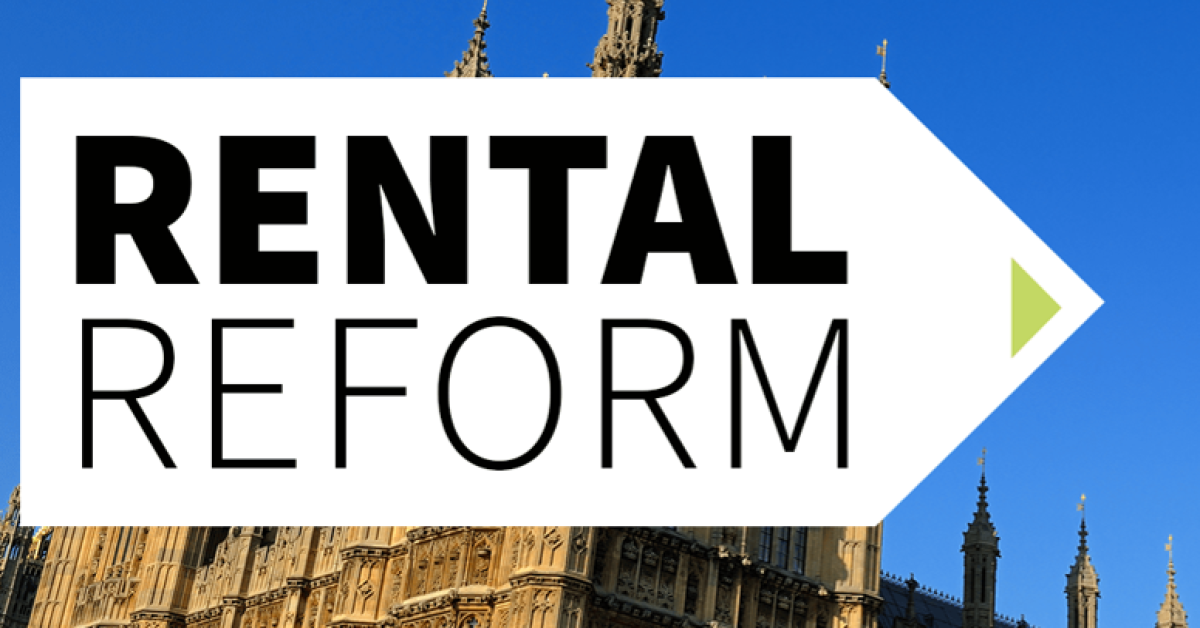The NRLA has warned local authorities will need extra cash to cope with a potential homelessness crisis once the Government’s Renters’ Reform Bill is passed.
The association made the claim in response to a Government consultation on proposed changes to the Homelessness Reduction Act.
The act, as it stands, places duties on local authorities to provide support to people who present as homeless, for example people who have been served notice for possession – via a Section 21 or Section 8 notice.
At present tenants who have been served a Section 21 (a so-called no fault eviction) are presumed to be unintentionally homeless and councils have an automatic duty to help them, by potentially moving them into social housing, or offering other support.
Many landlords have, in the past, served a Section 21 notice at the request of a tenant to help them climb the social housing waiting list but this will no longer be possible after Section 21 is removed and landlords will have to identify why the tenant is served notice.
This presents a challenge for tenants and local authorities.
Historically tenants served with a Section 8 notice, as a result of issues such as anti-social behaviour or rent arrears have been considered by local authorities to have made themselves intentionally homeless, and are lower priority and entitled to less support.
As a result, where the landlord states the reason for possession these tenants often find limited support from local authorities. At the same time they struggle to find accommodation in the PRS due to a poor credit history or a lack of landlord references.
What are the implications?
Without changes to the Homelessness Reduction Act, once Section 21 is removed, those finding themselves homeless - regardless of whether they were at fault or not – will need to be tested to see if they are intentionally homeless.
This presents a serious problem for tenants and local authorities because, as NRLA research shows, landlords usually have a reason to serve a Section 21 notices. These reasons often include anti-social behaviour or arrears – however choosing the Section 21 route as it is simpler than using Section 8.
Because of this, it is unlikely that the removal of Section 21 will lead to a significant decline in the number of tenants presenting as homeless. What it will do is increase the time required to establish whether someone is entitled to the full support of the local authority. Increasing costs, without improving homelessness prevention.
At the same time, private landlords, without the ‘safety net’ of Section 21 to regain possession of their homes, are likely to become far more selective as to who they let to.
This could lead to a huge increase in the number of people councils will have to assess and a significant rise in the number of people who will struggle to find accommodation in the private rented sector.
What does the Government propose?
The Government is considering three options:
- Giving all tenants equal rights regardless of whether they are intentionally or unintentionally homeless, so all tenants’ circumstances will need to be assessed by councils
- Giving tenants automatic access to support if they are made homeless due to a ‘landlord circumstance ground’ (for example if a landlord has repossessed to sell or move into the property
- Keeping the rules around Section 8 and applying them to whatever mechanism is selected to replace it under the rental reform plans
What is the NRLA saying?
In its response to the consultation the NRLA is warning that landlords are expected to be much more stringent in their checks on tenants in a post-rental reform world, meaning many tenants will need to pass strict credit checks and need exemplary references to secure a rental home.
This will make it more challenging for those without a good credit history to find a home in the PRS. This is also likely to be the case for potentially problematic tenants.
The association is arguing local authorities need to come up with plans to support these homeless tenants and offer a pathway into social housing.
To do this the NRLA suggest councils will need more funding from central government and either a more generous approach to testing for intentional homelessness, or the removal of the test entirely.

